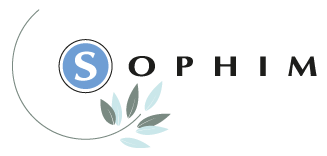The cosmetics market is aimed at all women and men, while respecting their religious convictions and ethical or societal commitments. To meet the expectations of Muslim consumers, brands offer halal cosmetic products. Discover the issues surrounding halal certification in the beauty market.
Understanding the issues surrounding halal certification
More than two billion people adhered to Islam worldwide in 2020, according to atlasocio.com. Muslims are looking for products that respect the prohibitions related to their religious practices.
Food immediately comes to mind when one thinks of halal certifications. Many foods are considered impure (or ‘haram’) and unfit for consumption. Pork and wild boar are certainly the best known haram animals, but Islamic law also prohibits the consumption of amphibians (frogs), poisonous aquatic animals, certain birds (especially birds of prey), wine and, more broadly, alcoholic beverages. Animals not slaughtered according to the rules and still containing blood, or food produced from blood (black pudding), are also prohibited. The method of slaughter is therefore decisive. Certain food additives are also affected by a ban, because they are produced from prohibited elements.
But many non-food products, especially those in direct contact with the body, may contravene the principles of Islamic law, or Sharia. This is particularly the case for cosmetics.
Halal certification for cosmetic products is essential
Many cosmetic products may include haram ingredients, and should not be used by Muslims who wish to comply with the rules and precepts of Islam.
Alcohol, for example, is used in many perfumes, make-up and cosmetics. Its antiseptic and antibacterial properties make it an excellent preservative. It also has appreciated dissolving, degreasing and astringent properties. However, it contradicts Islamic law, and a formulation containing alcohol cannot be halal.
Ingredients from animals that are forbidden by Islam must also be banned from a halal cosmetic formulation. However, some ingredients are difficult to detect for the uninitiated. Indeed, the INCI list allows for a harmonisation of the naming of cosmetic ingredients, but it sometimes uses complex terms. For example, the natural dye CI 75470 is derived from an insect, the cochineal, which is prohibited by Islam.
The squalane, especially Phytosqualan by SOPHIM, is Halal certified.
A halal cosmetic certification therefore guarantees consumers products that do not contain any haram ingredients.
Labels and certifications for halal cosmetics
There is no single standard, and several organisations currently offer certifications for halal cosmetics. We offer you a selection of certifications in France and abroad, among a much larger ecosystem.
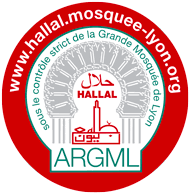 |
The ARGML (Ritual Association of the Great Mosque of Lyon), is one of the leading certification bodies in France. The ARGML has developed a halal cosmetic certification for body hygiene, hair products and make-up. |
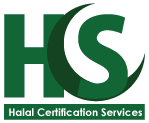 |
Halal Certification Services (HCS) is a halal certification body based in Switzerland. Founded in 1987, this organisation is now renowned and recognised in several countries. It offers a certification system dedicated to cosmetic products, and works with major multinational brands such as Maggi or Merck. |
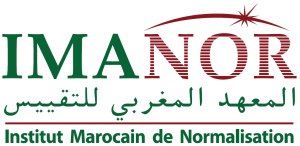 |
The Moroccan Institute of Standardisation (IMANOR) is a public institution that offers a halal label to companies complying with the Moroccan standard NM 08.0.802
relating to the Islamic rules on HALAL cosmetic products. |
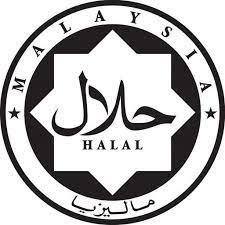 |
The Department of Islamic Development Malaysia, known as JAKIM, has developed the Foreign Halal Certification Body (FHCB). Very popular in Asia, this certification ensures that cosmetic and skincare products comply with the principles established by the Department of Islamic Development in Malaysia. |
Care and beauty products adapted to uses
Formulation remains at the heart of the issues surrounding halal cosmetics. Is your brand present on this market, or does it wish to enter it? More global thinking can be done on other issues related to the specific needs and expectations of customers.
Halal hair care, for example, can take into consideration the specific needs of a scalp and hair covered by a veil, subject to repeated friction and lack of ventilation. On the same principle, a moisturiser that offers rapid absorption can be recommended for Muslim women wearing a hijab.
A halal cosmetic product can also be certified by another label, to meet the aspirations of increasingly committed consumers. Muslim women or men may thus prefer a product that is recognised by a halal certification, and that also meets the criteria of vegan cosmetics or organic cosmetics.
Natural, quality and halal ingredients with Sophim
As a manufacturer of cosmetic ingredients based in France and Spain, Sophim invites you to discover a wide range of references of plant origin, intended to design inclusive cosmetics, respectful of nature, women and men. All our ingredients are certified halal by the Halal Certification Services (HCS).
Are you looking for the best halal cosmetic ingredients? Contact your usual interlocutor to access our catalogue, call us on (+33)4 92 33 17 17, or send us a message online.
Category: Cosmetics Expertise





